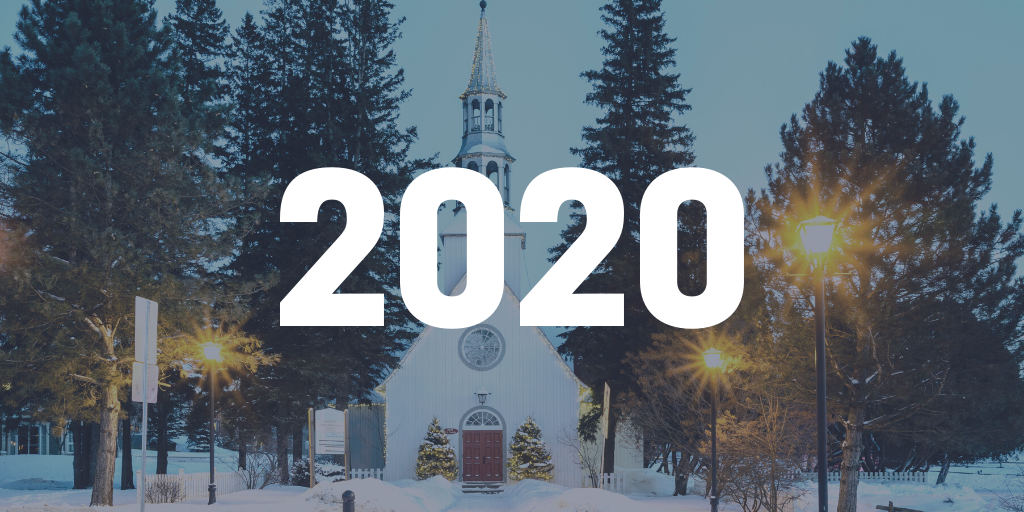Love, Hope and Heritage for the New Decade

It’s 2020 – and although my hindsight is far from 2020, it’s hard to resist casting an eye back over the National Trust for Canada’s past decade.
I think it’s fair to say that the Trust has reinvented itself during these 10 years. Our annual conference became the essential event for the sector, thanks to provocative content, the increasing presence of Indigenous colleagues, and vital partnerships with CAHP and APTI. New programs are changing the game for places that tell the story of Canada – like the boost of targeted expertise offered by our Launch Pad coaches. We are proud to promote Passport Places like the Diefenbunker National Historic Site, Colony of Avalon, and 83 more across the country – and amazed that this network was barely a gleam in our eye at the dawn of the decade. Similarly, Regeneration Works, launched in 2016, is now reaching thousands every year with heritage webinars, toolkits, inspiring case studies and more.
And who could have guessed that a heritage-focused crowdfunding platform modelled on Kraft Hockeyville would deliver $1.4 million to 89 worthy projects at historic places – including $100,000 to a former church in Kentville, NS, reimagined as a thriving community library (read the story here).
Canada Historic Places Day, a new national event created in partnership with Parks Canada in 2017, is now giving hundreds of heritage sites and thousands of Canadians something to celebrate every summer.
So much exciting change! We even changed our name, signaling our membership in the global family of National Trusts.
At the same time, there are bitter pills to swallow – like another 100 Endangered Places on our infamous annual list. The decade began with the City of Brantford’s deliberate demolition of 41 traditional commercial buildings along Colborne Street, some of which pre-dated Confederation. The Redpath Mansion in Montreal, a once-majestic vestige of Montreal’s fabled Square Mile, was demolished in 2014. Too many more great places still face an uncertain future. A 2016 private member’s bill proposing a long-awaited federal rehabilitation tax incentive could have changed the game for many of them – but it failed to get traction, despite the sector’s best advocacy efforts.
But we carry on – and because our collective work can play a significant role in mitigating climate change, it is more important and urgent than ever. In the coming decade we will keep that imperative front and center in our work to #ChangeTheGame4Heritage. In parallel, we must do our very best to support the efforts of Indigenous Peoples to protect and celebrate their Indigenous Cultural Heritage, and take important lessons from their respectful relationship with the Earth. Our shared task is enormous – but we must do what we can. For inspiration and perspective, I’ve pinned a quote from Jonathan Franzen’s devastating yet hopeful 2019 essay on climate change above my desk. I think it resonates perfectly with our mission to care for places that matter:
“Keep trying to save what you love specifically – a community, an institution, a wild place, a species that’s in trouble – and take heart in your small successes… As long as you have something to love, you have something to hope for.”
So, dear friends and colleagues, here’s my wish for you: an abundance of love, hope and heritage in the coming decade.
Natalie Bull
Executive Director
National Trust for Canada
